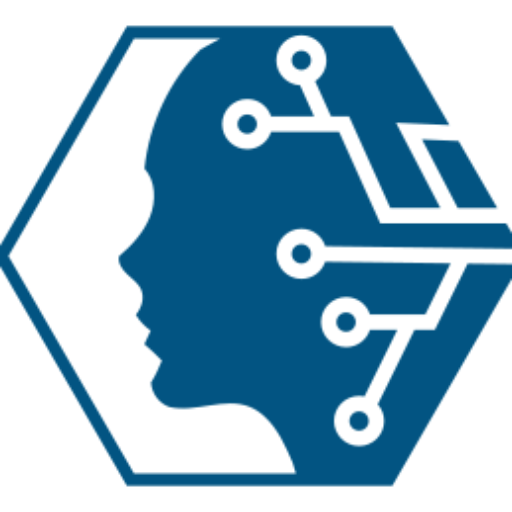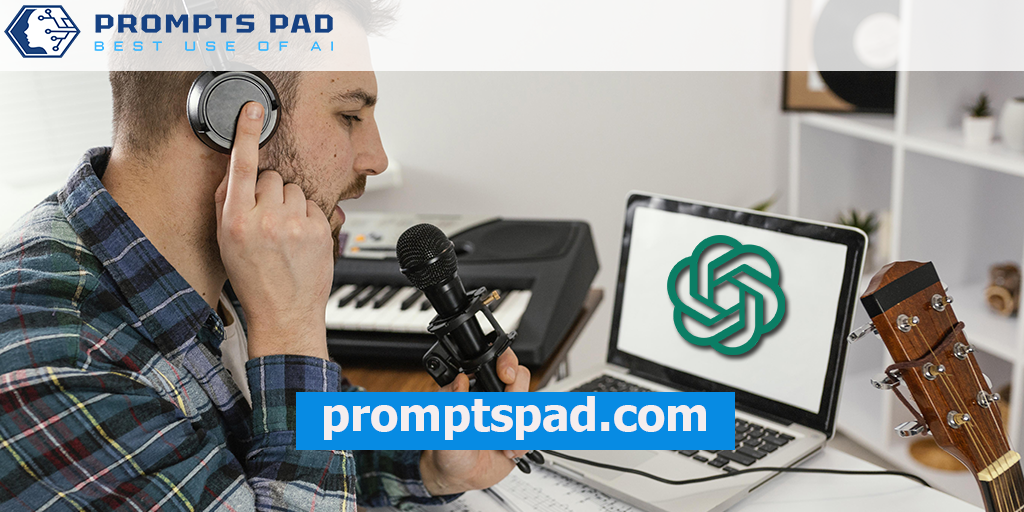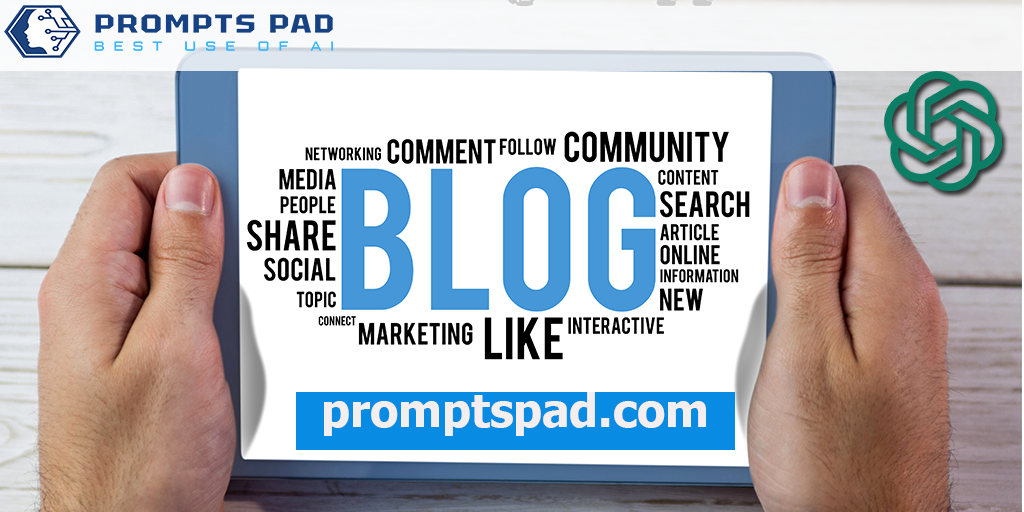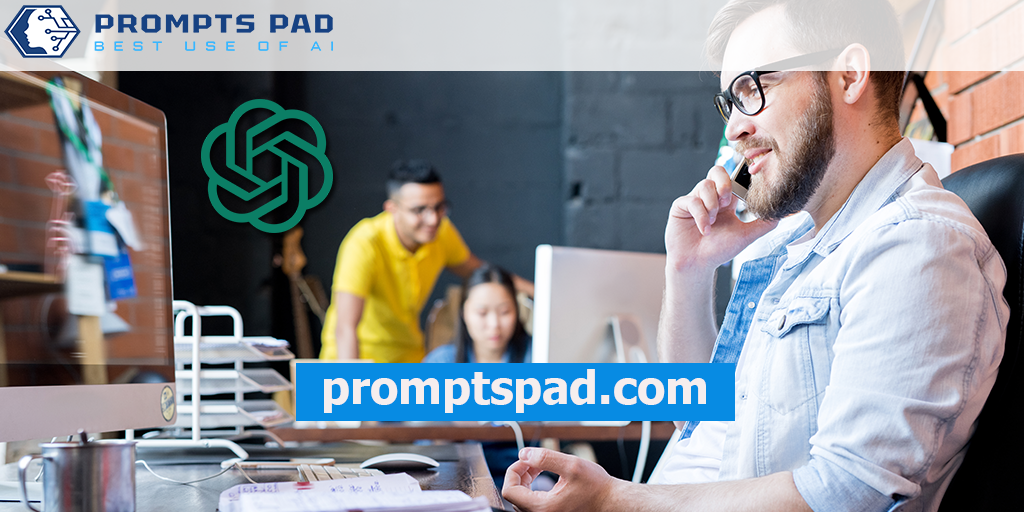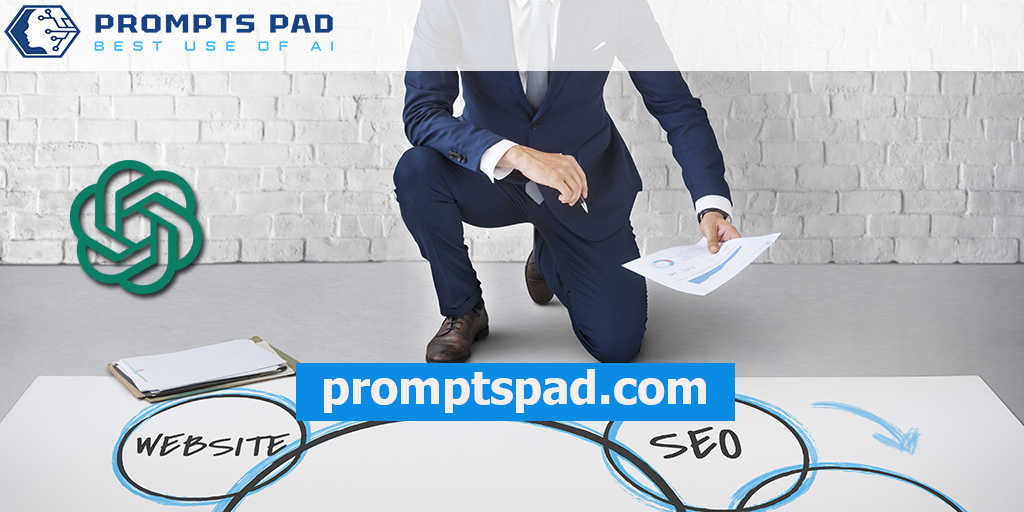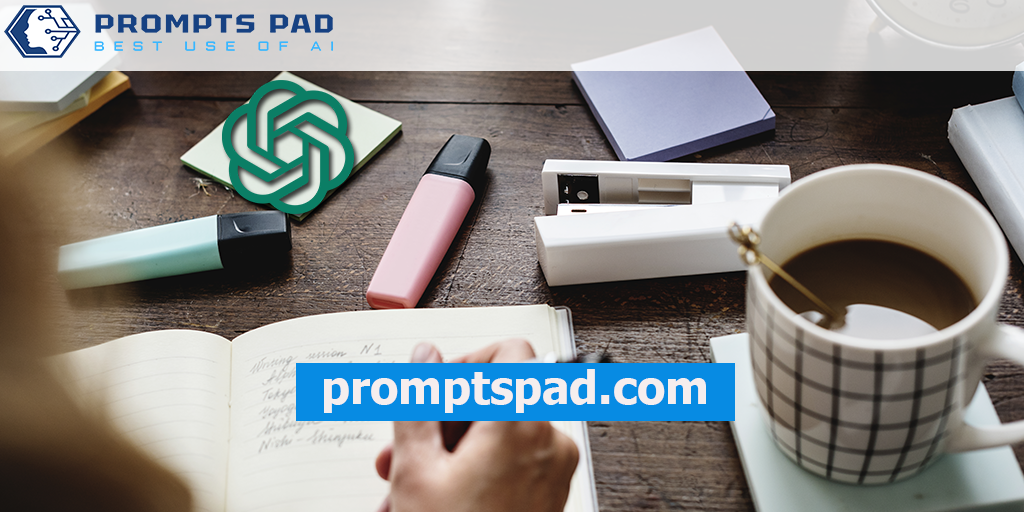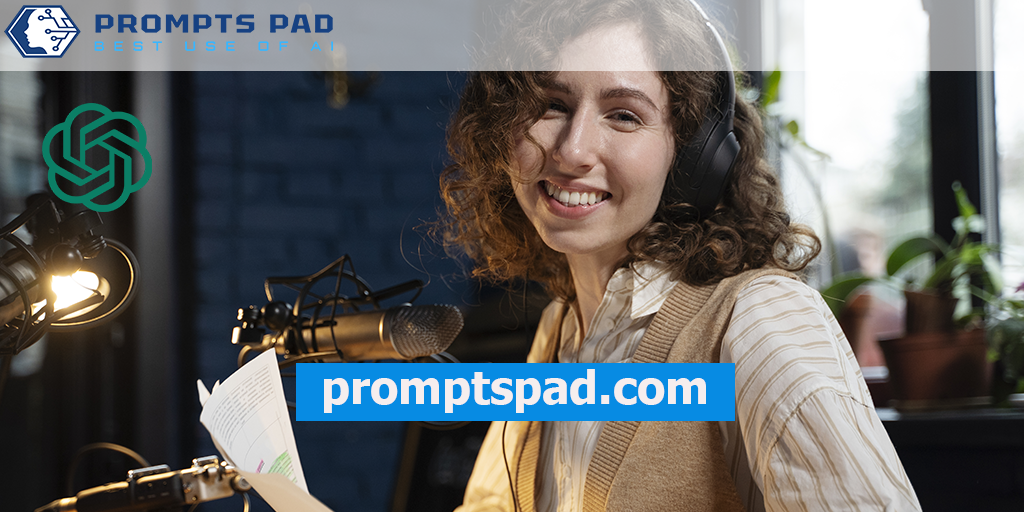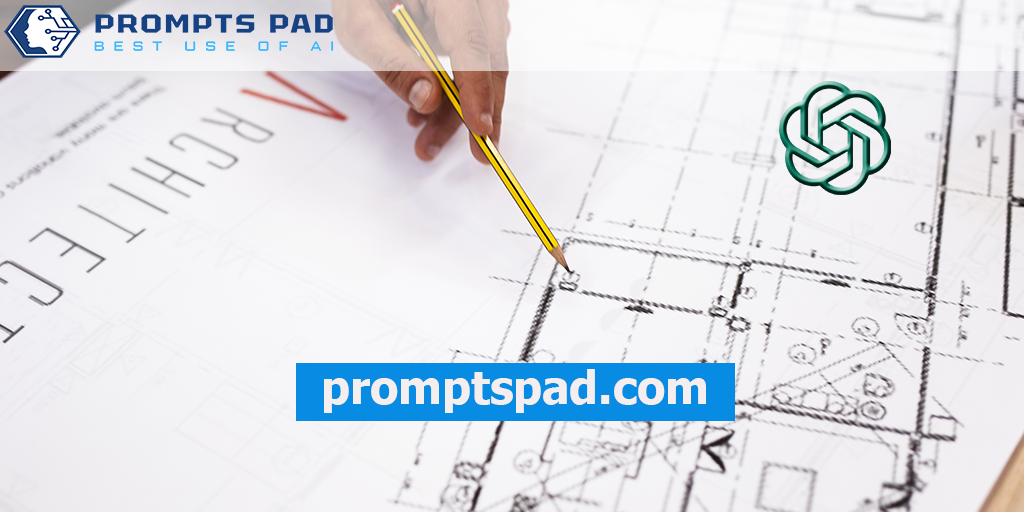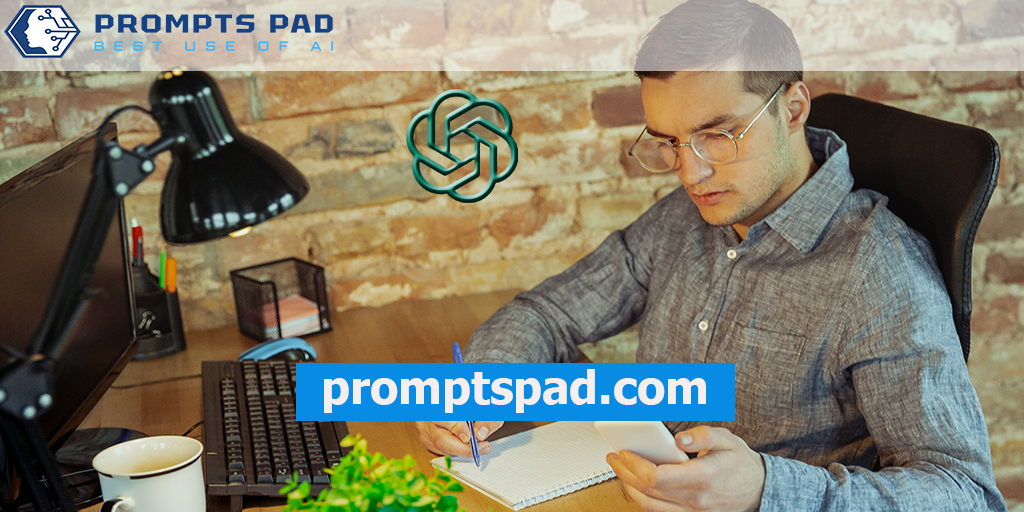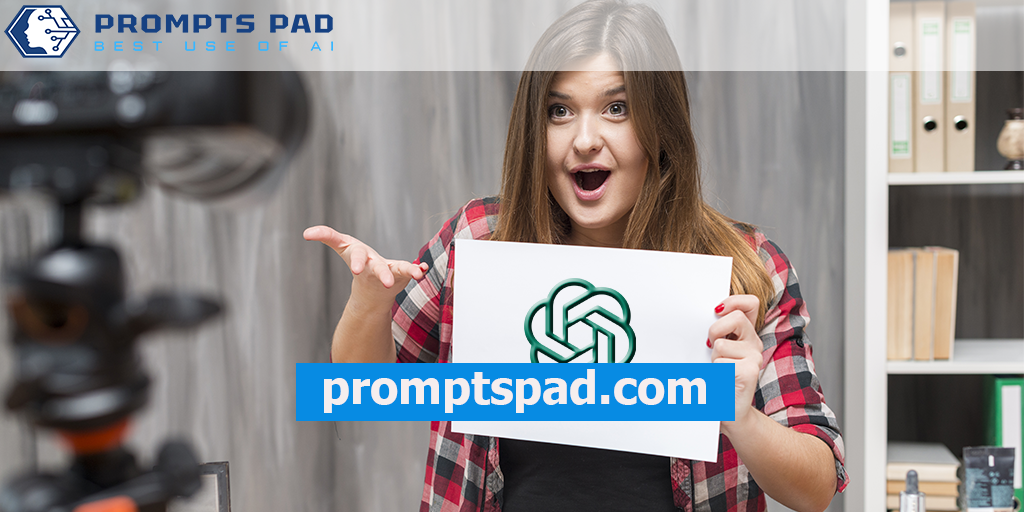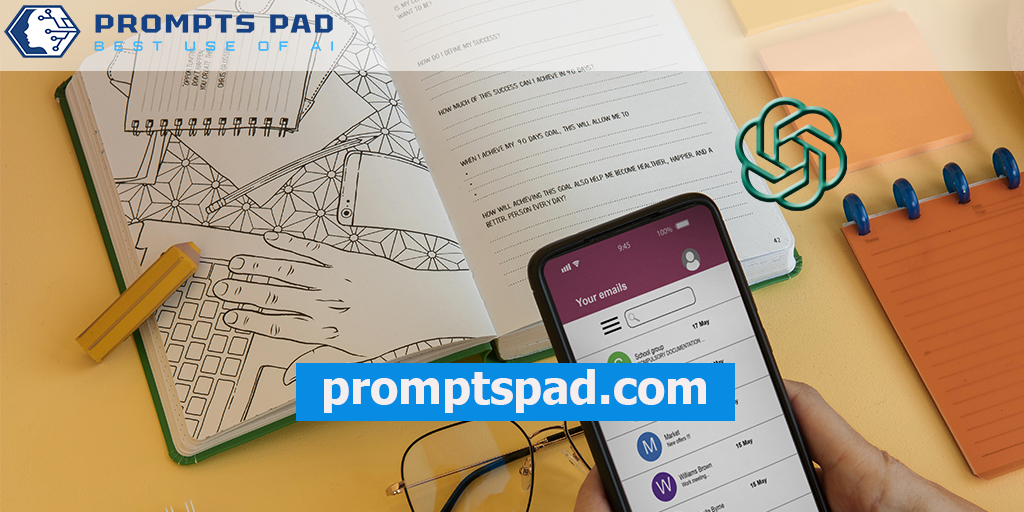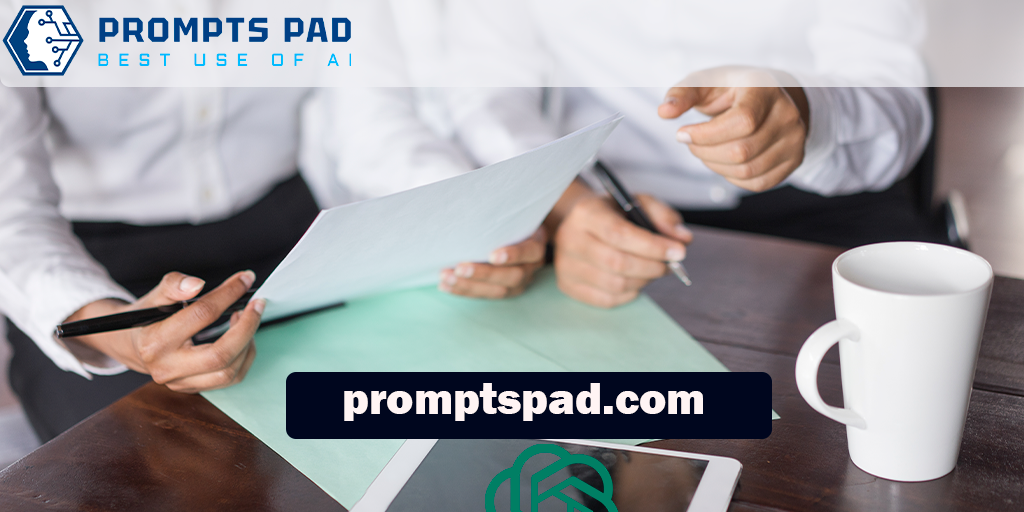
The rise of artificial intelligence has brought revolutionary tools that enable legal practitioners across a range of fields in the ever-changing field of law. The integration of ChatGPT has had a noteworthy impact on the drafting and refinement of Intellectual Property (IP) contracts. This sophisticated language model is a useful tool that helps lawyers handle the complexities of intellectual property ownership provisions more efficiently and creatively.
Here are prompts for reference;
- Create a clause addressing intellectual property ownership for a partnership between a tech startup and a design firm working on a mobile application. Indicate who owns the source code, UI/UX designs, and any other related intellectual property for the application.
- Write a contract with an external product development firm and a manufacturing company that includes an IP ownership clause. Give ownership of product designs, specifications, and any related intellectual property a clear definition.
- In a contract involving a freelance designer for a logo design project, include a clause about intellectual property ownership. Clearly define company owns the final design, any revisions made, and any related creative elements.
Here is the link to the result generated by ChatGPT;
https://chat.openai.com/share/1620baf5-eb82-41cf-a2bf-cb494523509e
